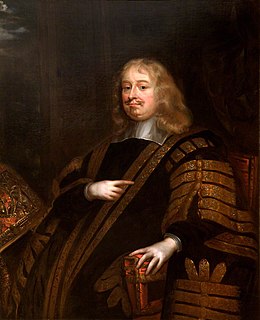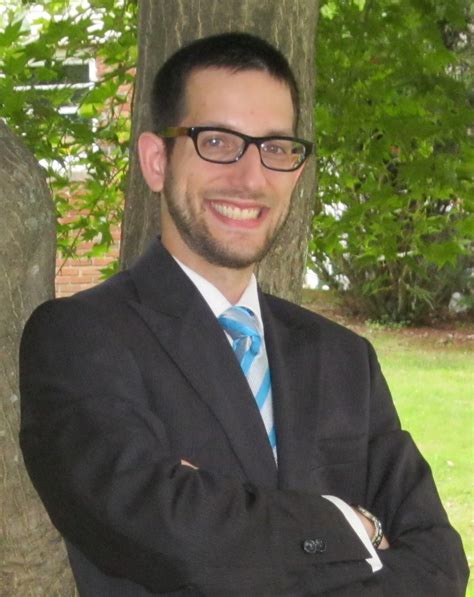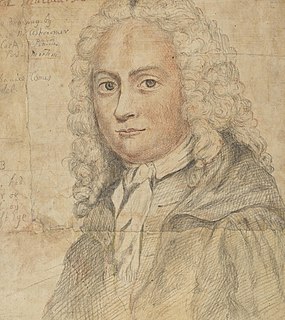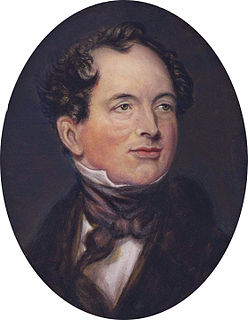A Quote by Edward Hyde, 1st Earl of Clarendon
If we did not take great pains, and were not at great expense to corrupt our nature, our nature would never corrupt us.
Related Quotes
Most of us have become Ecozombies, desensitized, environmental deadheads. On average, society conditions us to spend over 95% of our time and 99.9% of our thinking disconnected from nature. Nature's extreme absence in our lives leaves us abandoned and wanting. We feel we never have enough. We greedily, destructively, consume and, can't stop. Nature's loss in our psyche produces a hurt, hungering, void within us that bullies us into our dilemmas.
Let us, then, take our compass; we are something, and we are not everything. The nature of our existence hides from us the knowledge of first beginnings which are born of the nothing; and the littleness of our being conceals from us the sight of the infinite. Our intellect holds the same position in the world of thought as our body occupies in the expanse of nature.
It is not therefore the business of philosophy, in our present situation in the universe, to attempt to take in at once, in one view, the whole scheme of nature; but to extend, with great care and circumspection, our knowledge, by just steps, from sensible things, as far as our observations or reasonings from them will carry us, in our enquiries concerning either the greater motions and operations of nature, or her more subtile and hidden works. In this way Sir Isaac Newton proceeded in his discoveries.
Our ingenuity in feeding ourselves is prodigious, but at various points our technologies come into conflict with nature's ways of doing things, as when we seek to maximize efficiency by planting crops or raising animals in vast mono-cultures. This is something nature never does, always and for good reasons practicing diversity instead. A great many of the health and environmental problems created by our food system owe to our attempts to oversimplify nature's complexities, at both the growing and the eating ends of our food chain.
Let me define a garden as the meeting of raw nature and the human imagination in which both seek the fulfillment of their beauty. Every sign indicates that nature wants us and wishes for collaboration with us, just as we long for nature to be fulfilled in us. If our original state was to live in a garden, as Adam and Eve did, then a garden signals our absolute origins as well as our condition of eternity, while life outside the garden is time and temporality.
Our Nation, a great stage for the acting out of great thoughts, presents the classic confrontation between Locke's views of the state of nature and Rousseau's criticism of them... Nature is raw material, worthless without the mixture of human labor; yet nature is also the highest and most sacred thing. The same people who struggle to save the snail-darter bless the pill, worry about hunting deer and defend abortion. Reverence for nature, mastery of nature- whichever is convenient.
John Sculley ruined Apple and he ruined it by bringing a set of values to the top of Apple which were corrupt and corrupted some of the top people who were there, drove out some of the ones who were not corruptible, and brought in more corrupt ones and paid themselves collectively tens of millions of dollars and cared more about their own glory and wealth than they did about what built Apple in the first place which was making great computers for people to use.
You and I are, by birth, by nature, and by choice, inwardly depraved, which is to say that we are entirely corrupt. That's not to say that we have no good in us; we do. However, anything good in us has been tainted with evil. It touches everything. Without the redeeming power of Christ we cannot halt our own moral slide.



































